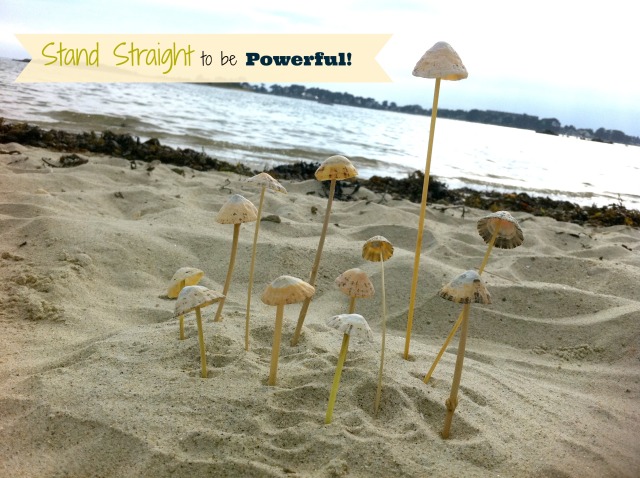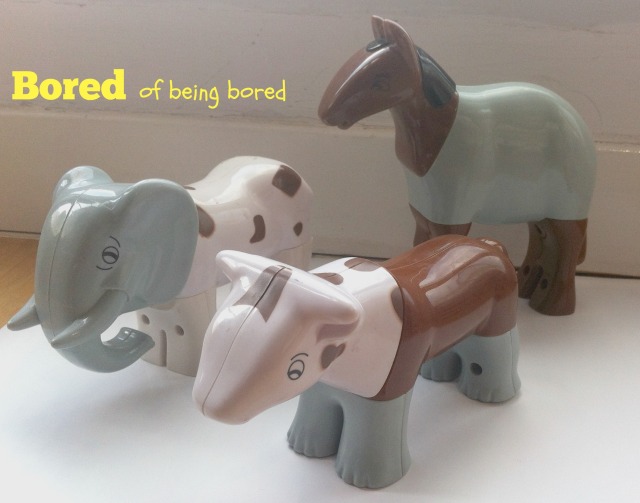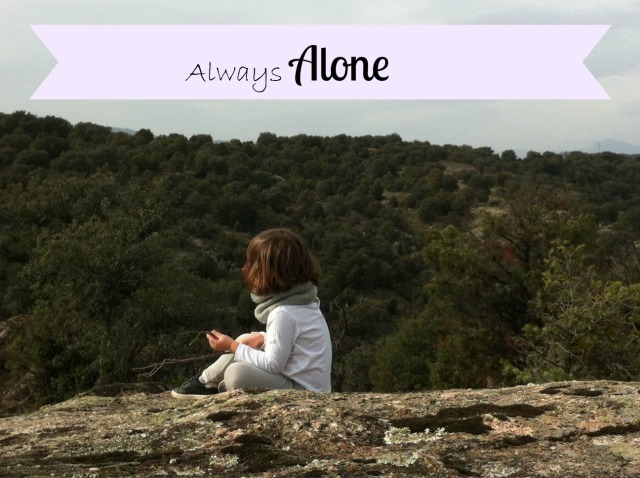 «Stand straight, look up!» I still remember my father repeating this to me constantly…I have to confess that I was fed up with his comments but today I can’t be more convinced about the importance of our body language for our personal impact and communication in general.
«Stand straight, look up!» I still remember my father repeating this to me constantly…I have to confess that I was fed up with his comments but today I can’t be more convinced about the importance of our body language for our personal impact and communication in general.
How do you usually stand? Look at your shoulders, your chin? How do you sit on your chair? How do you stand whilst presenting in front of an audience? What is your usual comfort posture?
It is key to be conscious about the kind of influence we can provoke in others, through our non verbal communication! If we want to be seen as an enthusiastic person, we usually know that smiling and talking with an energetic tone of voice will help to be seen as such. But do we do it? Are we conscious of what we can be missing out just by turning our eyes around instead of looking at the other in the eyes and standing straight on our legs without moving?
And of course let’s not forget about how we dress and the importance to Dress to be yourself, not to impress
So, it is clear that our body language communicates a lot and that, indeed, our minds change our bodies. Think about how you walk when you are worried by something. I am sometimes very aware that I look like the Hunchback of Notre dame and consciously start to stretch in order to relax but also communicate a different message to the people around me.
But did you know that recent studies show that our body language not only influences the way people see us but also influences how we think and feel about ourselves?
Our minds change our bodies but our bodies also change our minds.
This is what Amy Cuddy explains in her excellent video that you can watch later on.
So, if we want to feel powerful, we can prompt it by using simple power poses. Nice isn’t it?
So, yes, Dad, you were right:
«Stand straight…when you need to show self-esteem or actually when you are lacking it in order to regain it!
Stand straight and especially watch your eye contact. When you want people to trust you and recover trust in yourself!
Stand straight and don’t sit down whilst in the waiting room at a client meeting, you won’t feel small whey they come to pick up but rather at the same level!
Stand straight and look up, to enjoy those little things that are around us
Stand straight to take away the burden out of your shoulders and face life in a positive manner!
Stand straight and smile to share your enthusiasm!
Stand straight to breathe properly and feel powerful!
Stand straight to face 2015 and trust it will be beautiful!!»
«¡Manténte erguido, mira hacia arriba!» Todavía a día de hoy, recuerdo mi padre diciéndome esto de forma repetitiva. Tengo que confesar que me aburrían sus comentarios pero hoy no puedo ser más convencida de la importancia de nuestro lenguaje corporal para nuestra marca personal y nuestra comunicación en general.
¿Cual es tu postura habitual de pie? Mira tus hombros, tu barbilla? ¿De que forma te sueles sentar? ¿Como te posicionas cuando presentas delante de una audiencia? ¿Cuál es tu postura “comoda”?
Es clave ser consciente del tipo de mensaje que comunicamos a los demás por medio de nuestra comunicación no verbal. Si queremos que nos vean como una persona entusiasta, solemos saber que una sonrisa y un tono de voz energético nos ayudaran a que nos vean como tal. Pero lo hacemos? ¿Somos conscientes del impacto negativo que puede tener perder el contacto visual con alguien o no parar de moverse mientras presentamos algo?
Y hasta que punto somos conscientes del impacto de nuestra vestimenta a la hora de influir. ¿Os acordais mi entrada sobre Vestirse para ser un@ mism@, no para impresionar
Entonces esta claro que nuestro lenguaje corporal comunica mucho y que asi es: nuestros pensamientos cambian nuestros cuerpos. Piensa como andas cuando estas preocupad@ por algo. A veces me siento como el Jorobado de Notre Dame y me estiro de forma consciente para relajarme pero sobre todo comunicar un mensaje diferente a mi entorno!
Pero sabias que unos estudios recientes han demostrado que el lenguaje corporal no solo influye en la forma que los demás nos ven sino también nos influye a nosotr@s mism@s en la forma en la cuál nos vemos?
Nuestra mente cambia nuestro cuerpo pero nuestro cuerpo tambien cambia nuestra mente!
Esto es lo que explica Amy Cuddy en el siguiente video:
Entonces, si queremos sentirnos poderos@s, lo podemos entrenar usando poses de poder. ¿Esta bien no?
Papa, tenias razon!
¡Ponte rect@!… cuando necesitas mostrar seguridad o simplemente porque no la tienes para recuperarla!
Ponte rect@ y cuida tu contacto visual..cuando quieres que los demás tengan confianza en ti o tienes recuperar tu propia confianza en ti!
Ponte rect@ y no te sientes en la sala de espera de un cliente, no te sentiras pequeñ@ cuando vengan a por ti y estarás al mismo nivel!
Mantente erguido y mira hacia arriba para disfrutar de las pequeñas cosas que nos rodean!
Mantente erguido para quitarte de encima el peso y mira la vida de forma más positiva!
Ponte rect@ y sonríe para transmitir tu entusiasmo!
Ponte rect@ para respirar bien y sentirte poderos@!
Ponte rect@ para enfrentarte al 2015 y confiar que va a ser maravillo!
 It is grey outside, sometimes we are even grey ourselves. We seem to forget that we are alive.
It is grey outside, sometimes we are even grey ourselves. We seem to forget that we are alive.








